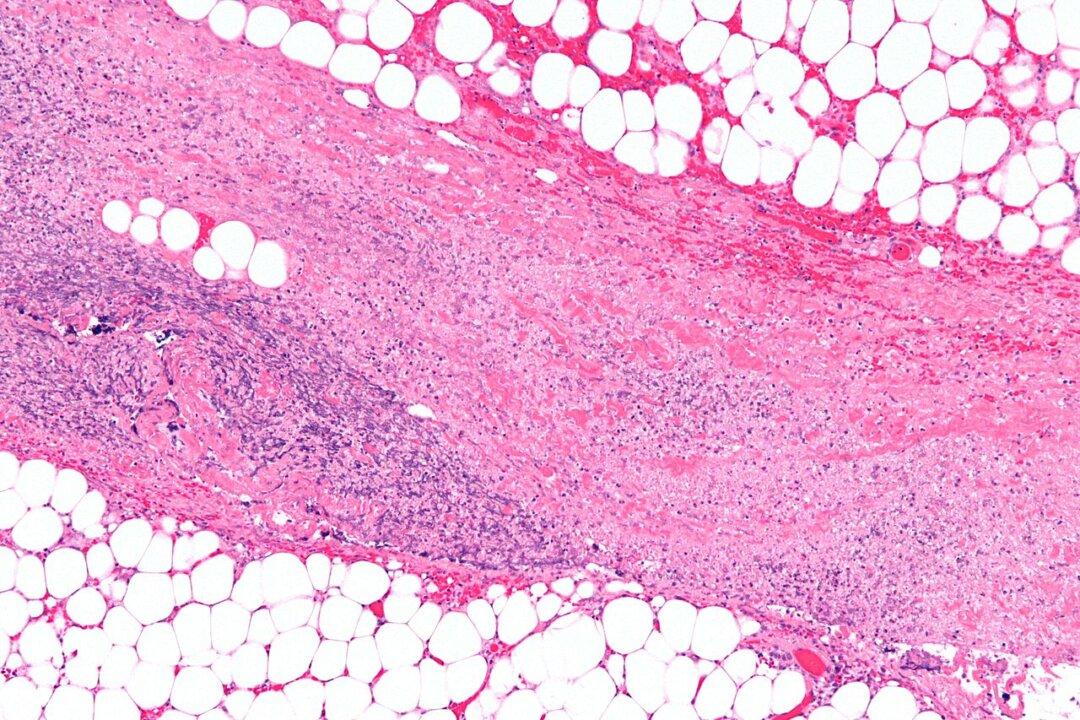A Florida man who had a quarter of his skin removed in operations to save him from an infection of flesh-eating bacteria has passed away.
Orlando resident David Ireland died on Aug. 29, according to his obituary, just two weeks after he first started to experience flu-like symptoms that were later diagnosed as necrotizing fasciitis.





